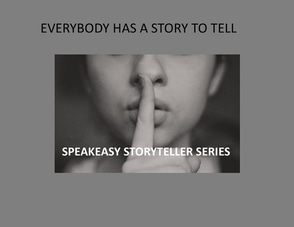The Power of Storytelling
Storytelling is often seen as a form of entertainment, but it is much more than that. It is a fundamental part of being human. Throughout history, storytelling has played a crucial role in our societies, helping us to share information, create emotional connections, and understand one another.
Creating Emotional Connections
One of the most powerful aspects of storytelling is its ability to create emotional connections. When we listen to a story, we become emotionally engaged with the characters and the events unfolding before us. This emotional connection allows us to empathize with the characters and their experiences, even if they are fictional.
By creating this emotional connection, storytelling helps us to understand and relate to one another on a deeper level. It allows us to step into someone else's shoes and see the world from their perspective. This understanding and empathy are essential for building meaningful relationships and fostering a sense of community.
Making Information Memorable
Another significant benefit of storytelling is its ability to make information memorable. When we hear a story, we are more likely to remember the details and the underlying message. This is because stories engage multiple parts of our brain, including language processing, sensory processing, and emotional processing.
By presenting information in a narrative form, storytelling helps us to contextualize and make sense of the information. It provides a framework for organizing and retaining knowledge. This is why stories have been used throughout history as a means of passing down cultural traditions, teaching moral lessons, and preserving historical events.
Storytelling in Different Forms
Storytelling takes many forms, from ancient oral traditions to modern-day books, movies, and digital media. Each form has its unique strengths and allows for different ways of engaging the audience.
Oral storytelling, for example, relies heavily on the power of spoken words and gestures to captivate the audience. It allows for direct interaction between the storyteller and the listeners, creating a shared experience. On the other hand, written stories provide a more solitary experience, allowing the reader to immerse themselves in the narrative at their own pace.
In today's digital age, storytelling has evolved to include various multimedia elements. From videos and podcasts to interactive websites and virtual reality experiences, technology has expanded the possibilities for storytelling and enhanced its impact.
In Conclusion
Storytelling is not just a form of entertainment; it is a fundamental part of being human. Through storytelling, we can create emotional connections, understand one another, and make information memorable. Whether through oral traditions, written stories, or digital media, storytelling continues to play a vital role in our lives, shaping our understanding of the world and our place in it.


